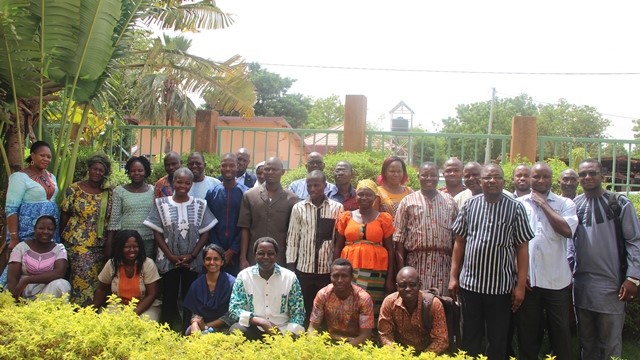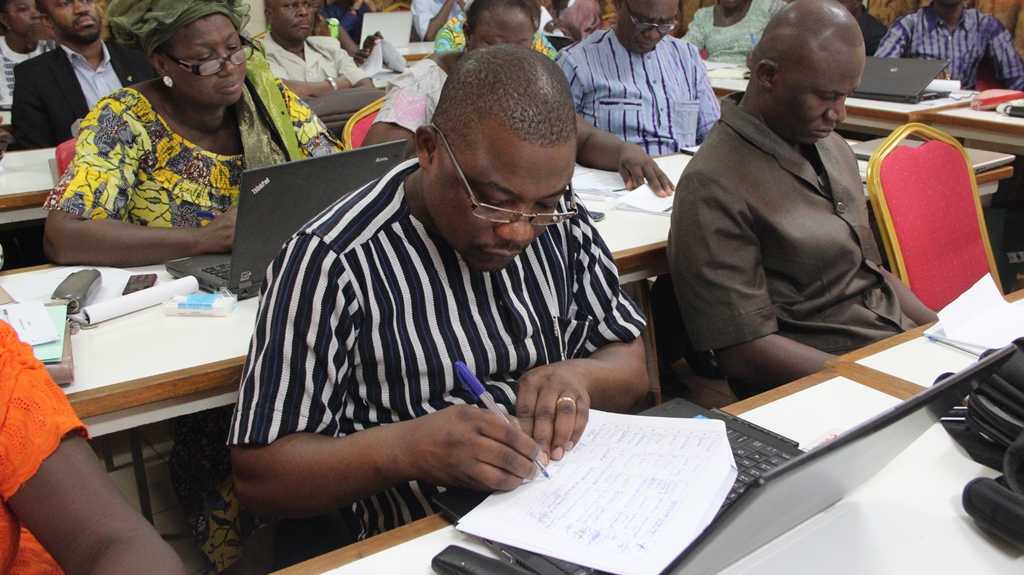Burkina Faso: Assessing the learning needs and strengthening the capacities for an inclusive green economy in national education and training institutions

22 June 2018, Ouagadougou, Burkina Faso - More than 50 participants including representatives of ministries, universities, research centres, and UN agencies gathered together in Ouagadougou to validate the Green Economy Learning Capacities and Needs Assessment for Burkina Faso (hereinafter called: learning assessment).

The learning assessment aims at identifying the learning needs and capacities of institutions to upscale the delivery of green economy learning in the national education and training institutions of Burkina Faso. It was conducted under the Partnership for Action on Green Economy (PAGE) through a collaboration between UNITAR and the Centre d’Etudes, de documentation et de recherches Economiques et Sociales (CEDRES).

During a national validation workshop on 22 June 2018 (video and article in French), representatives from various ministries, learning institutions and civil society provided the CEDRES research team with relevant and detailed insights to improve the draft version of the learning assessment, and to align its content/action plan with the draft National Strategy on Green Economy , as well as with the Plan National de Développement Economique et Social of Burkina Faso (PNDES). It was recommended to create linkages with Burkina Faso learning assessment and strategy on climate change (2015), as well as with the ILO-led study on Skills for Green jobs in Burkina Faso.
The learning assessment should be finalized by the end of July 2018 including an action plan. On this basis, several training activities will be designed with targeted institutions in the country, thus aiming at high potential impact for individual/institutional capacities to be reinforced and increased action on Inclusive Green Economy.
About PAGE
The Partnership for Action on Green Economy (PAGE) brings together the expertise of five UN agencies – UN Environment, International Labour Organization, UN Development Programme, UN Industrial Development Organization, and UN Institute for Training and Research. It supports nations and regions in reframing economic policies and practices around sustainability to foster economic growth, create income and jobs, reduce poverty and inequality, and strengthen the ecological foundations of their economies.
Photo 1: Participants of the National Validation Workshop in Ouagadougou on 22 June 2018.
photo 2: Participant of the National Validation Workshop.

